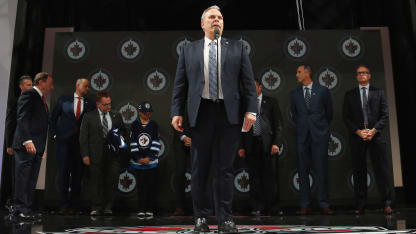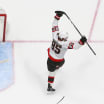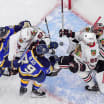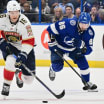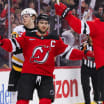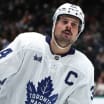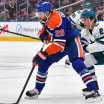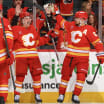BOCA RATON, Fla. -- The Winnipeg Jets need two points to set a franchise record for most points in a season.
The Jets, second in the Central Division, have 98 points with nine games remaining and can set the record by defeating the Anaheim Ducks at Bell MTS Centre on Friday (8 p.m. ET; TSN3, FS-W, NHL.TV). One win will make them the first team in Winnipeg's NHL history to reach 100 points in a season.
The Jets had 99 points in 2014-15, the only time they've reached the Stanley Cup Playoffs since relocating from Atlanta for the 2011-12 season. The Atlanta Thrashers topped out at 97 points in 2006-07, the only time they reached the playoffs in 11 seasons before the move.
The original Jets, who played in the NHL from 1979-95, never had more than 96 points in a season (1984-85) before the franchise moved to Arizona.
What the Jets are about to accomplish is quite significant. It's also the result of years of building, of drafting and developing, of patience and of losing, all of it under the guidance of general manager Kevin Cheveldayoff, who has been with the Jets since the move to Winnipeg.
Cheveldayoff has acquired every player on the roster except defenseman Dustin Byfuglien, defenseman Toby Enstrom, center Bryan Little and right wing Blake Wheeler. Those four are holdovers from the days of the Thrashers, but all have since re-signed with the Jets.
Cheveldayoff is finally seeing the fruits of his labor this season, but he's also looking ahead to the Stanley Cup Playoffs, when the hope is the Jets are finally good enough to make a splash.
